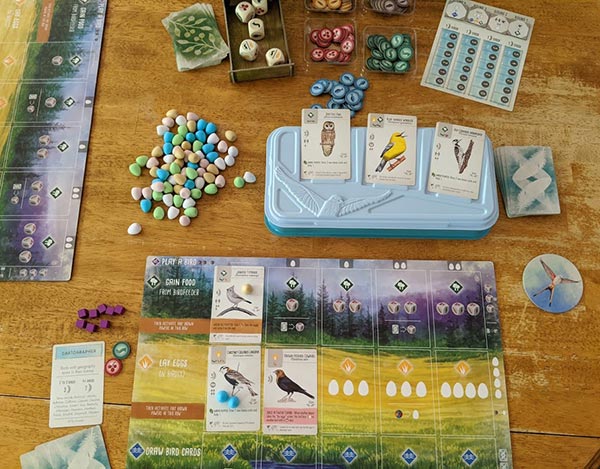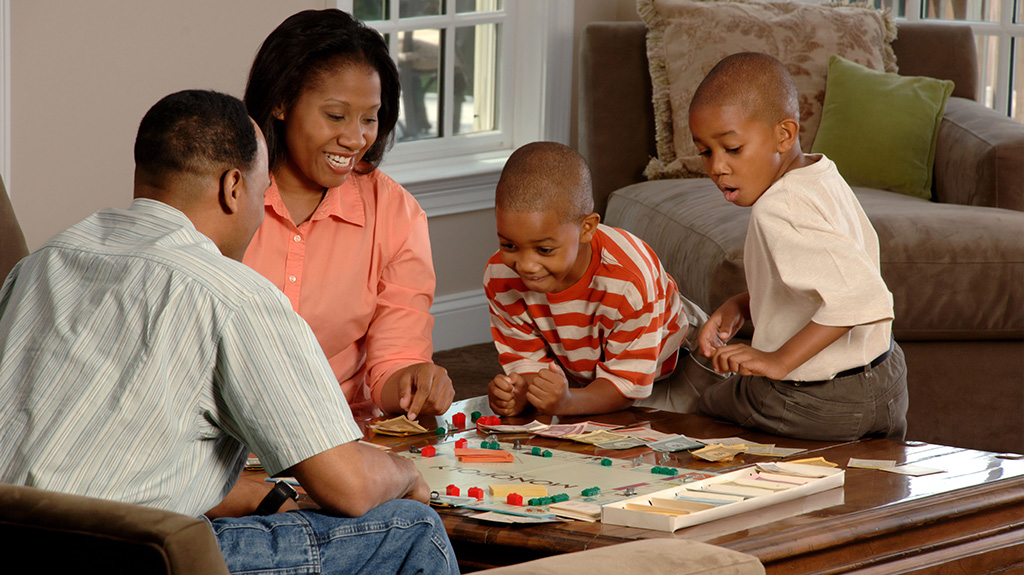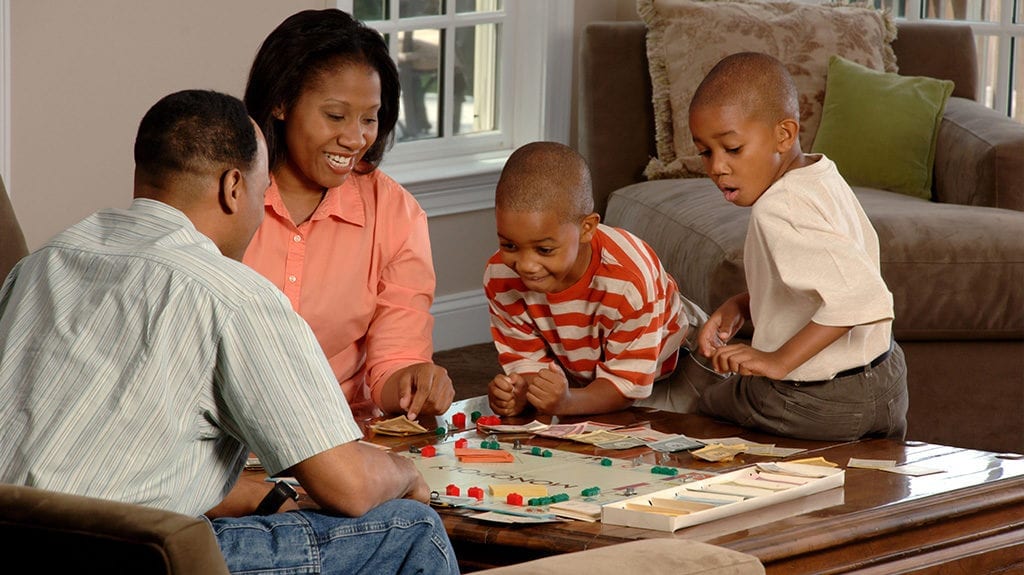Do your kids love to play board games? That’s great! Playing board games is an excellent way to sneak in some learning at home.
By incorporating board games into your family routine, whether or not you homeschool, you can help your children practice and reinforce various vital skills in different areas, including social-emotional health, math, reading, and problem-solving.
Enforcing these vital skills is one of my favorite things about family game nights. My kids don’t even realize they are learning because they think it’s just fun to play games together.
Here are a few tips on how to use board games for learning at home.
ALL GAMES ARE EDUCATIONAL
For learning fun, you can play any board game you already have because they all provide some sort of educational benefit. There are games described and marketed as educational, but you don’t need to limit yourself to those. Nearly all board games and card games involve using social skills and math (thanks to score-keeping). Playing any game helps kids with social development by taking turns, listening to the rules, paying attention as others take their turns, and good sportsmanship. Add in cooperative games too for teamwork practice.
 PICK A SKILL OR THEME
PICK A SKILL OR THEME
Another way to use board games for learning at home is to select a game that focuses on a particular subject or skill. For example, there are several games to choose from when teaching kids about U.S. geography. While nearly all games include some math, some games involve more math elements than others. Dice games are my go-to when focusing on addition practice.
Another idea is to pick out board games that fit a theme or topic the kids are learning about in school. Let’s say your kids are interested in learning about birds, so you play a few different bird-themed games with them, such as Wingspan ( Ages: 14+, MSRP: $58.99). You can find a lot of fun wildlife-themed games to play! Or, during October, you may be focused on all things Halloween. Then you can check out our spooky Halloween-themed game suggestions.
PLAN YOUR GAME TIME
Now it’s time to figure out when to play all of these games! Having family game nights regularly allows kids to practice their skills continually. It can also be an opportunity to introduce a new skill. You can choose one day a week or every other week, depending on your schedule. If you are homeschooling, then games can be used as part of the school day. It may be fun to plan an entire game day! If time is an issue, start with some of these quick 10-minute games! All in all, no matter what, when, and where you play, playing games is a great way to learn new things!


